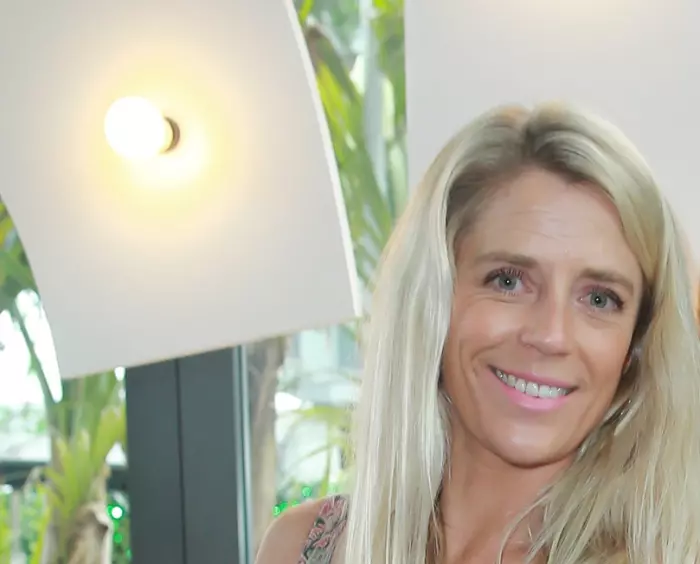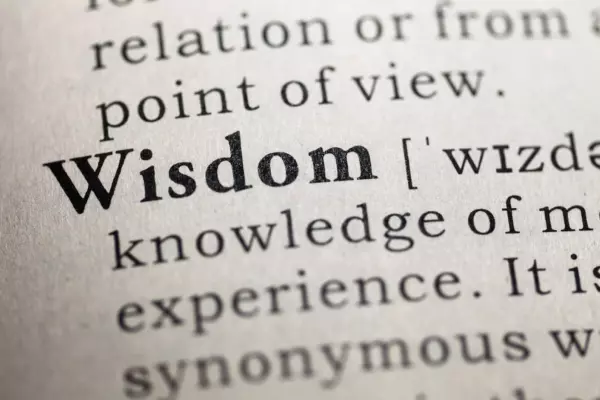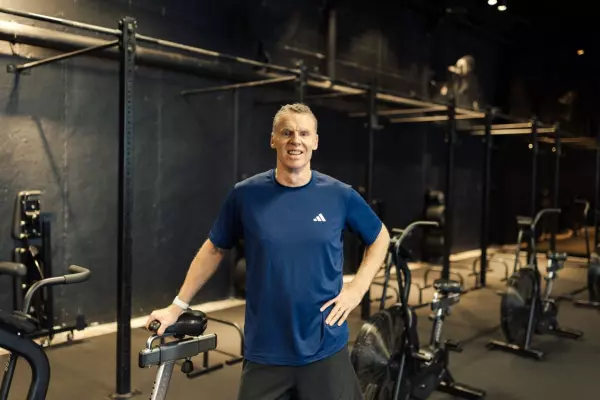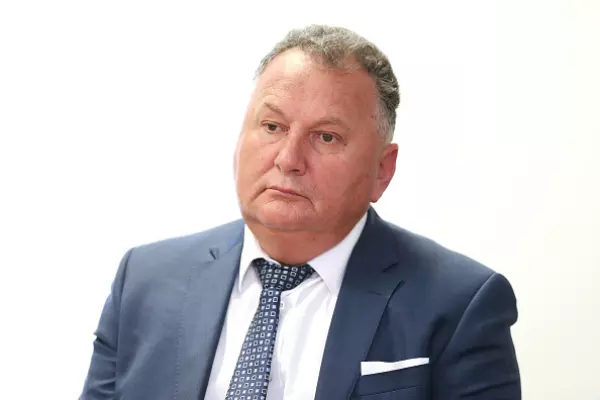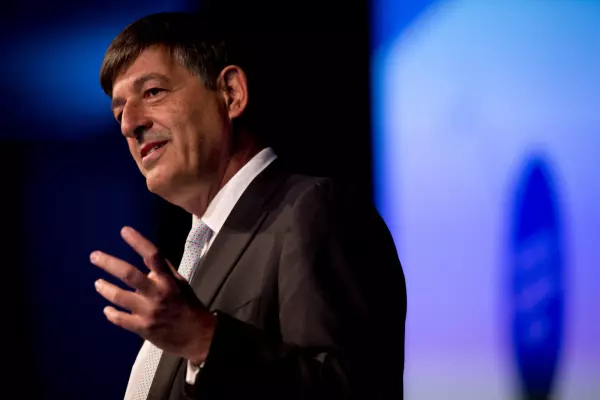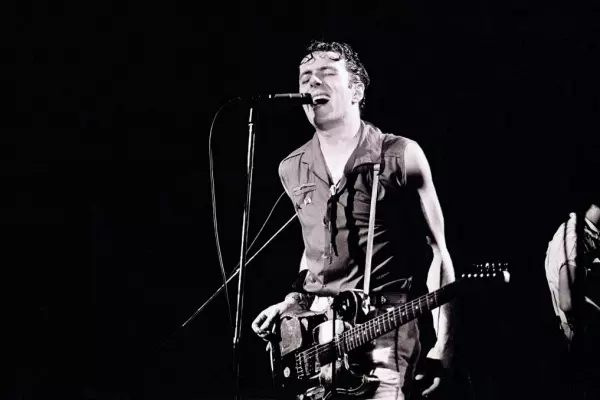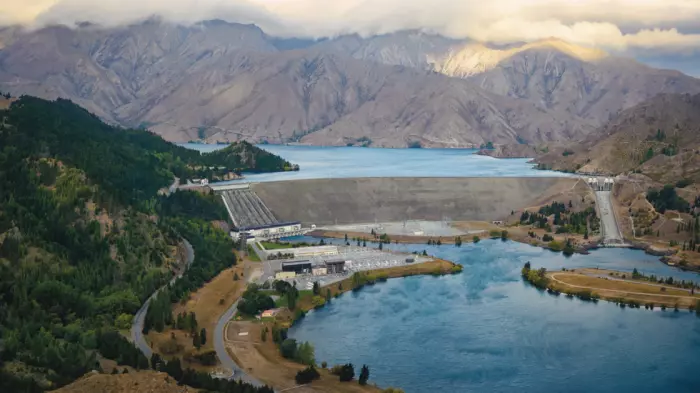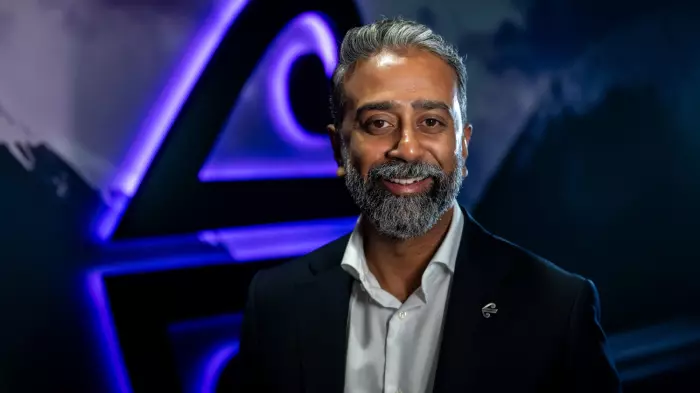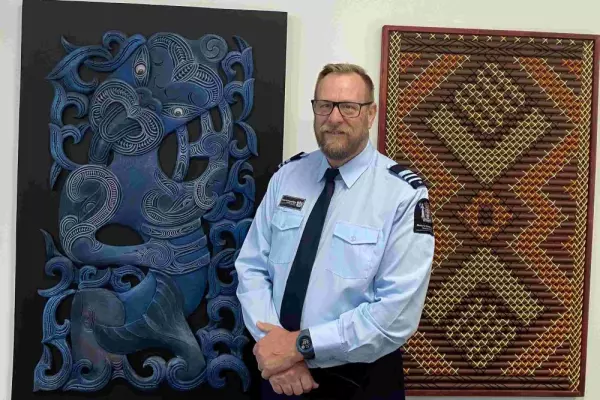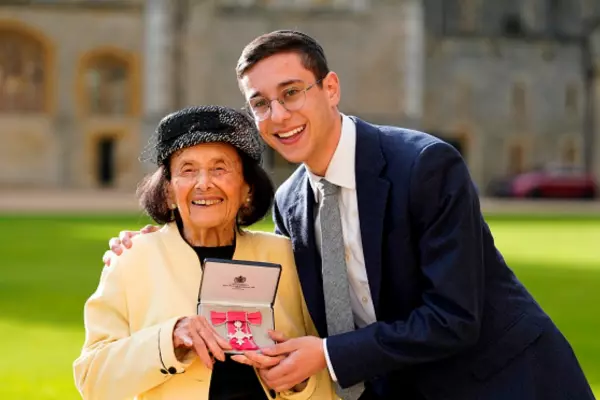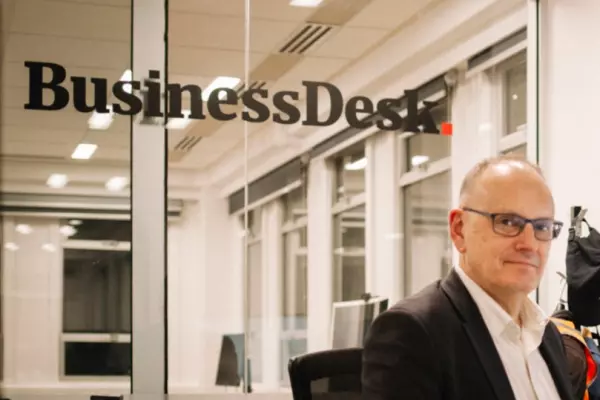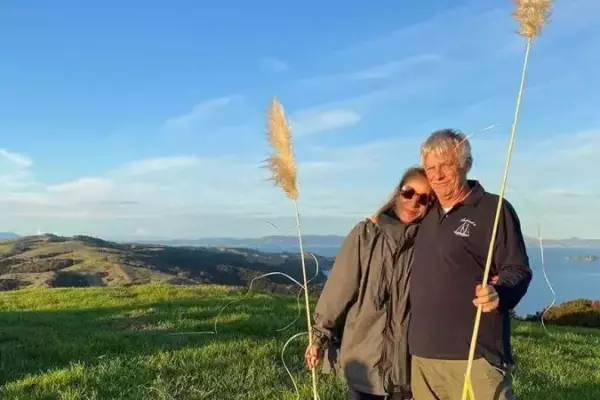A sustainable packaging business based in the Bay of Plenty has a big dream. It wants to change the world of packaging for the better – and save the ocean at the same time.
“We’ve got a passion and desire to clean up the ocean and environment and to design better waste solutions that are regenerative for a better future,” says Melissa Woods, the co-founder of Salt of the Earth Packaging.
“Materials matter and we believe that design has the ability to save us.”
Woods says the family-owned business was born out of a personal crisis.
“In 2012, one of our children suffered a brain infection which then resulted in a brain injury, and as a family of ocean athletes we rehabilitated her in and around the ocean,” Woods says.
This made the family realise they wanted to make an effort to protect their future and the oceans – and educate people on the need for change.
Bioplastic products
The company makes sustainable vacuum-seal bags and stand-up pouches from bioplastic products that are both environmentally friendly and easy to compost at home.
Woods says today's packaging is often made out of plastic products that can’t be recycled or reused, so the waste ends up in landfills. She says the issue can be traced back to a root cause: design failure.
“We were really frustrated with the lack of material choice for brands who care,” Woods says. She adds that too many companies are complacent and there's a lack of producer responsibility.
"We wanted to create real actionable change – not just talk.”
Salt of the Earth’s packaging, she says, prevents wasteful materials and packaging from being created at all.
They “design out” the waste part of the packaging and replace it with a sustainable model.
“The impact of everything being designed and made needs to be challenged, because the collection and recycling system for non-renewable plastics doesn’t currently work,” she says.
Woods says plastic has been developed to last, which adds to its durability and functionality and makes it an attractive choice for producers wanting cheap, easily accessible packaging.
But she says only 9% of all plastic waste ever produced has been recycled and only about 12% has been incinerated. The rest accumulates in landfills or pollutes the environment.
“There’s been a lack of material choices available, poor collection infrastructure in place – and producers haven’t been taking responsibility for the impact packaging waste is having on our environment,” she says.
Responsibly sourced
Salt of the Earth’s packaging materials, on the other hand, are responsibly sourced, circular, regenerative and have a clear pathway for end-of-life disposal.
Woods says before they launched the company in 2017, she spent six years experimenting with packaging design and innovation. Before that, she spent several years exploring solutions that could help reduce the impact plastic was having on the environment.
The biggest challenge has been “how bad” the state of the recycling sector is. Relying on the goodwill of organisations isn’t enough to create change and address the proliferation of plastic pollution.
Covid-19 was – and still is – an unexpected curveball, but because it's offering an essential service, the business found the pandemic hurdles easier to manage than expected.
“Fortunately for us, we were able to work from home on design and innovation projects, and manufacturing still went ahead as we were an essential service,” Woods says.
“But we did experience supply chain disruptions earlier on in the pandemic and the importing of materials caused some delays.”
Woods loves all parts of the business but says her favourite aspects are educating, problem-solving and thinking outside the box when it comes to innovation.
“We need waste to be viewed as a design flaw and for clean oceans to matter,” she says.
“A simple change of material isn’t enough. We need to start at the end to design and develop solutions that are responsibly sourced and ensure there’s a place at its end of life for reuse or recycling.”
Her focus for the future is to bring as much change as she can to the packaging sector – both in New Zealand and internationally.
“What we love about this business is that we’re passionate about creating change and a better future for our children,’ she says.
“We've put a peg in the ground to help develop solutions as we’re all on this voyage together.”


